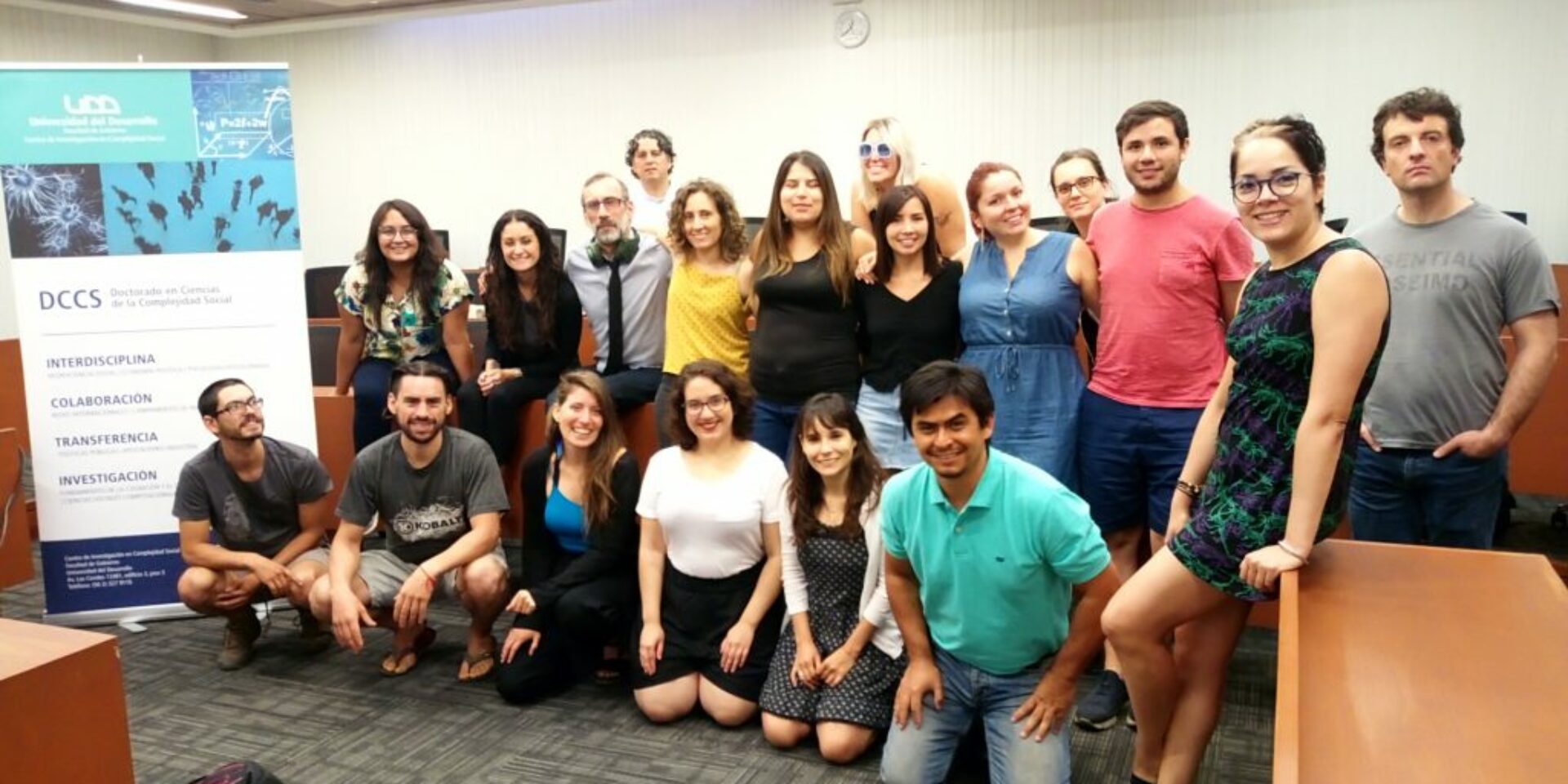

The primatologist Isabel Behncke spent almost a year in the Congo jungle to unravel how the great apes develop our social relationships and how the environment determines them. This study of the social life of the bonobos, with particular emphasis on the complexity of the game network in the face of changes in environmental resources, throws light on how one of the most peaceful societies in the natural world was constituted. The game of these primates allows generating strategies of adaptability that people also use. The greater presence of food in its ecosystem allowed the development of a matriarchal society, which solves its tensions by having sexual relations, even between same-sex couples, and that spends much of its time playing in the jungle.

BIOLOGICAL ANTHROPOLOGY + NETWORKS
This project represents in an illustrative way two principles of the research developed in the CICS. In the first place, our ascription to the naturalistic turn that has taken place in the social sciences during the last decades. In this project the implicit premise is that the study of the social dynamics of our closest cousins (together with chimpanzees) can help us understand crucial aspects of our own life in society. Second, the use of a novel analysis technique in this context, the theory of networks.
 |
Isabel BehnckePrincipal ResearcherPh. D. en Antropología Evolucionaria, Oxford University. |
 |
Tamas David-BarrettPh. D. en Economía, Universidad de Londres. |
 |
Carlos Rodríguez-SickertPh.D. en Economía, Universidad de Cambridge. |
 |
Jorge CastilloDCCS StudentIngeniero Civil Matemático, Universidad de Concepción. |